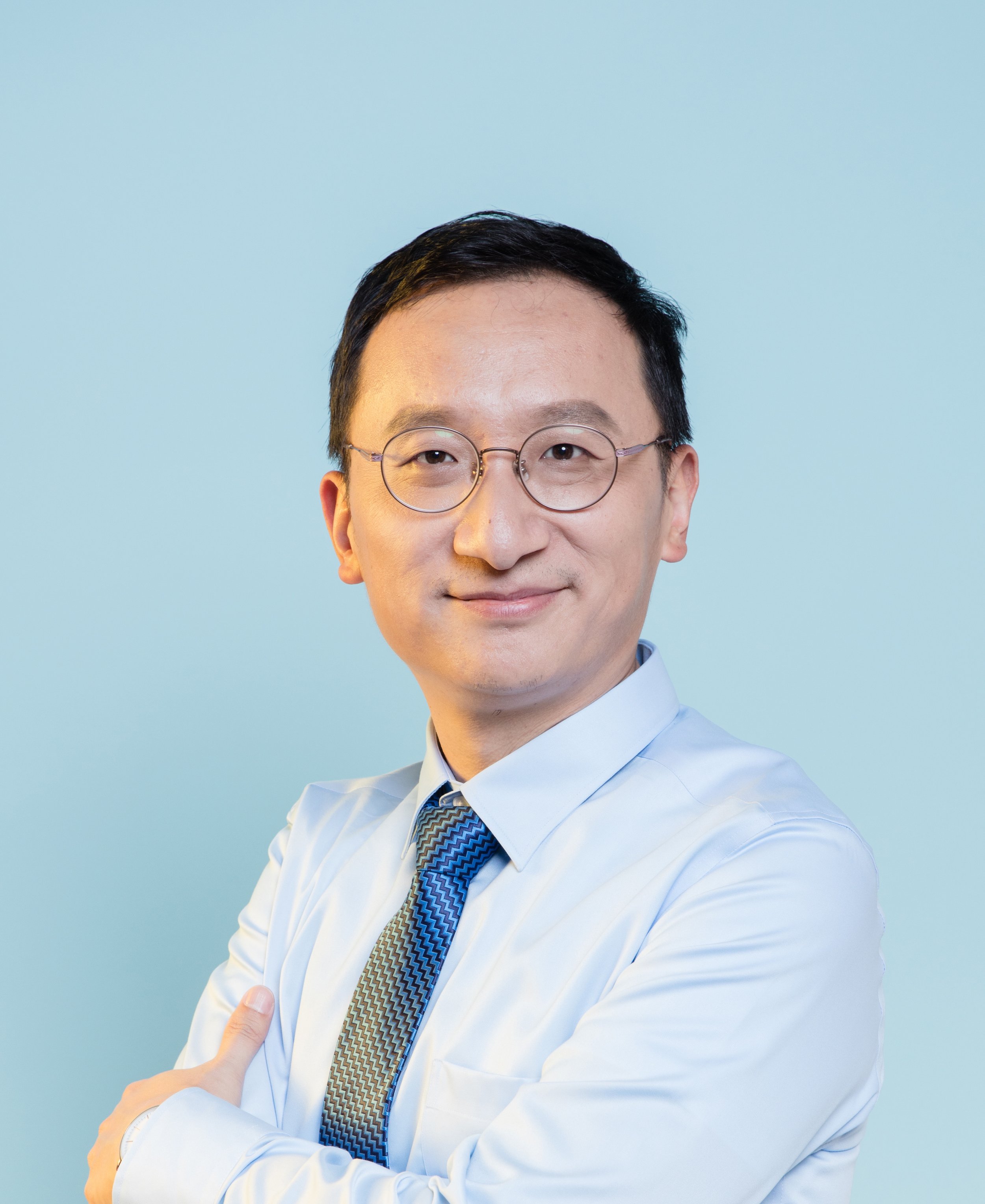Scientific Advisory Board
-

Wendy Kay Chung, MD, PhD
Chief of the Department of Pediatrics, Boston Children’s Hospital, Mary Ellen Avery Professor at Harvard Medical School and President of the Children’s Hospital Pediatric Associates.
Dr. Chung is a clinical and molecular geneticist and directs research programs in human genetics of autism, neurodevelopmental disorders, birth defects including congenital diaphragmatic hernia, congenital heart disease, and esophageal atresia, newborn screening, pulmonary hypertension, obesity, and diabetes. She is a national leader in the ethical, legal, and social implications of genomics. She was the recipient of the NY Academy of Medicine Medal for Distinguished Contributions in Biomedical Science, the Rare Impact Award from the National Organization of Rare Disorders, and is a member of the National Academy of Medicine and the American Academy of Physicians. Dr. Chung received her B.A. in biochemistry from Cornell University, her M.D. from Cornell University Medical College, and her Ph.D. from The Rockefeller University in genetics.
-

Michael Eldon Greenberg, PhD
Nathan Marsh Pusey Professor of Neurobiology at Harvard University
The Greenberg laboratory has had a longstanding interest in uncovering the complex activity-regulated gene expression program relevant to synapse development and neural circuitry. We are particularly interested in understanding the basis of neurological disorders that arise when these processes have gone awry.
-

Jayne Aiken, PhD
University of Pennsylvania Perelman School of Medicine
Jayne Aiken comes from an interdisciplinary background spanning engineering, cell biology, and neuroscience. Her research focuses on unraveling the foundational molecular mechanisms underlying human synapse formation, and how these processes are disrupted in neurological disease. In her Ph.D. thesis at the University of Colorado School of Medicine, Jayne investigated brain malformations and discovered important molecular, cellular, and tissue-level consequences of pathogenic mutations to tubulin genes, which encode the functional subunits of the microtubule cytoskeleton. As a postdoc at UPenn, Jayne extended her exploration of rare neurological disorders to variants in the kinesin motor KIF1A, revealing how distinct classed of KIF1Amutations alter cellular function. Research into MEF2C links Jayne’s mechanistic interests in neuronal morphogenesis and synapse function with her desire to help inform therapeutic strategies for neurodevelopmental disorders such as Autism Spectrum Disorder, Epilepsy, and Schizophrenia.
-

Zilong Qiu, PhD
Songjiang Research Institute, Shanghai Jiao Tong University School of Medicine.
Zilong Qui was born in Beijing and grew up in Anhui, China. From 1994-1998, he attended Shanghai Jiao Tong University and graduated with a BS in Biological Sciences. He was a graduate student with Dr. Kan Liao from 1998-2003 at the Shanghai Institute of Biochemistry and Cell Biology, Chinese Academy of Sciences. In his Ph.D. thesis, he focused on the molecular mechanism of adipocyte differentiation. With this molecular biology and cell signalling background, he became eager to explore the field of molecular neuroscience during the last several years as a graduate student and came to Dr. Anirvan Ghosh’s Lab at University of California, San Diego to pursue this dream. His postdoctoral project focuses on activity dependent transcriptional regulation of genes in the rodent cerebral cortex. His investigations have included MEF2C as well as MECP2. See Areas of Study
-

Kristina T. Johnson, PhD
Dr. Kristina (Kristy) Johnson is a physicist, neuroscientist, and engineer who develops new science and technology to augment the health and abilities of individuals with complex neurodevelopmental disorders. Her research focuses on wearable biosensors, longitudinal real-world data collection, and personalized machine learning models to capture and interpret developmental data from individuals with genetic disorders, profound autism, and intellectual disabilities. Dr. Johnson received her Ph.D. from MIT and is currently a Rosamund Stone Zander Translational Neuroscience Center postdoctoral fellow at Boston Children’s Hospital (BCH) and Harvard Medical School. She also holds an M.S. and Honors B.S. in Physics. She is an incoming assistant professor at Northeastern University (Fall 2023), with joint faculty appointments in the College of Engineering (Department of Electrical and Computer Engineering) and the College of Health Sciences (Department of Communication Sciences and Disorders). Dr. Johnson is also the mother of a child with MEF2C Haploinsufficiency Syndrome.
-

Richard Novak, PhD
CEO Unravel Biosciences
Richard Novak, PhD, is a bioengineer and entrepreneur dedicated to solving unanswerable questions through technology innovation. Prior to Unravel Bio, he was a Lead Engineer at the Wyss Institute for Biologically Inspired Engineering at Harvard University where he managed fast-paced programs in drug discovery, advanced disease models, human Organ Chips, and integrated automation and sensor systems. He has over 15 years of experience in microfluidic system development and applications in the therapeutic space. He is a founder and president of the nonprofit Future Scientist and a founder and director of the sample collection automation company Rhinostics Inc.
-

Frederick Vigenault, PhD
Chief Scientific Officer, Unravel Biosciences
Frederic Vigenault, PhD, is a molecular biologist with a drive to tackle unmet patient needs. Prior to Unravel Bio, his role as Senior Scientist at the Wyss Institute for Biologically Inspired Engineering at Harvard University enabled him to work across teams on multidisciplinary projects, including the initial development of CRISPR gene editing, low-cost diagnostics using synthetic biology, and DNA synthesis and sequencing that led to multiple startup companies. As a scientist at SRI International, he enabled development of systems-level signaling models. He has a background in plant molecular biology.

